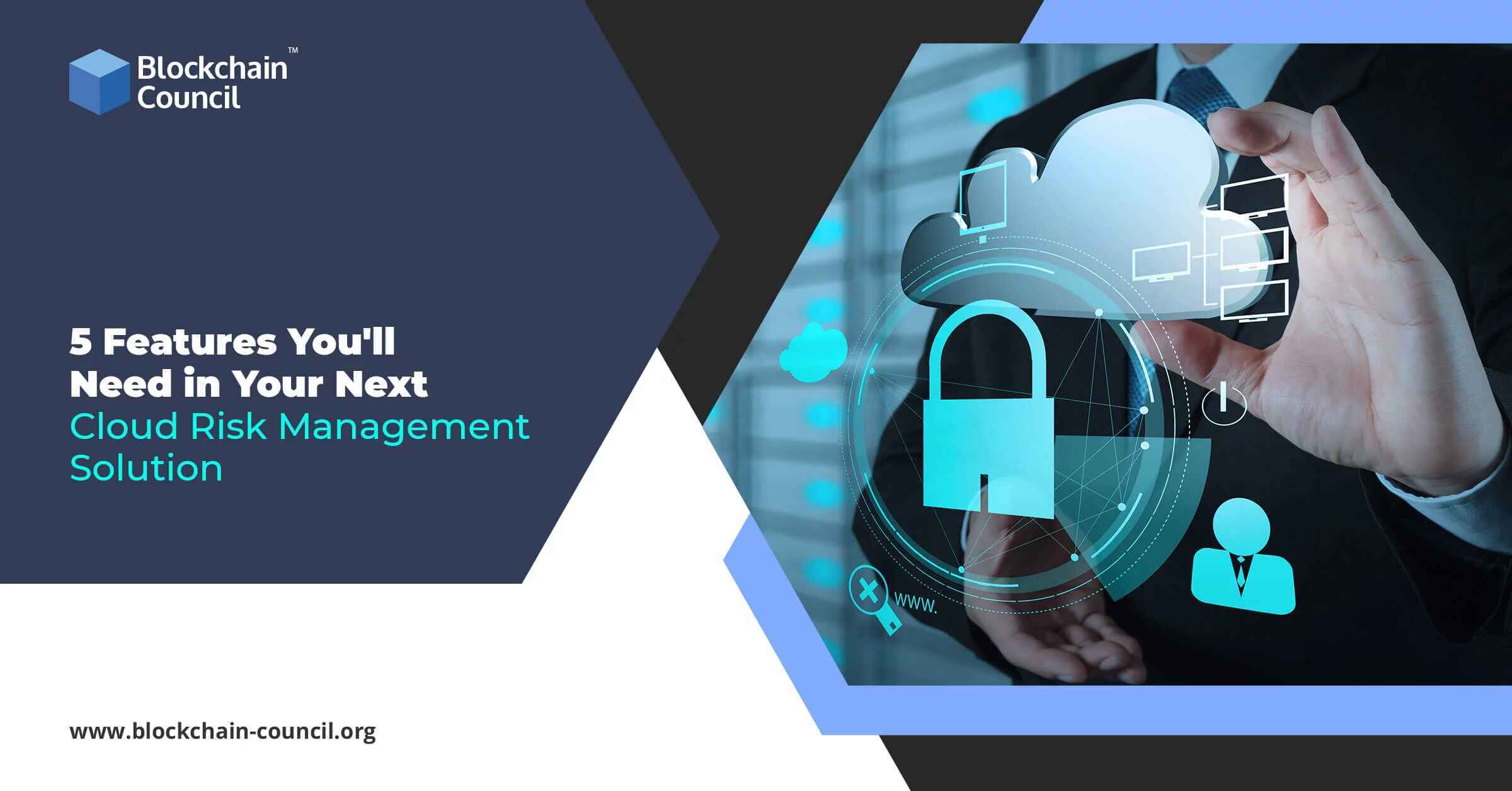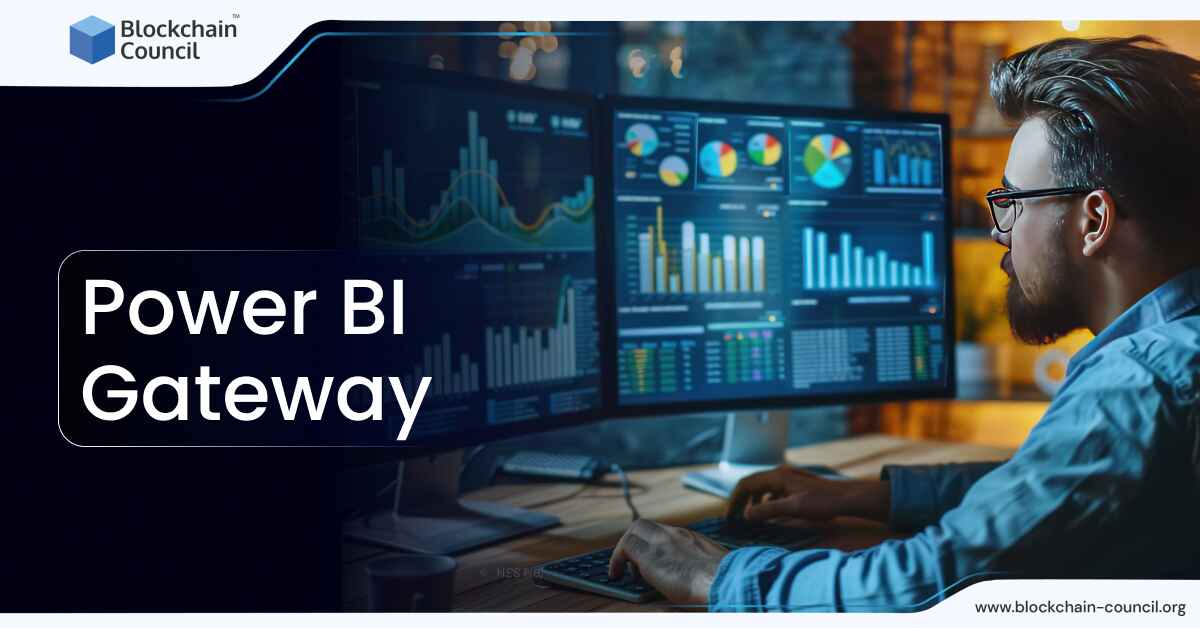
- Blockchain Council
- January 03, 2025
The role of a Blockchain architect is vital in designing frameworks that drive innovation and efficiency in the decentralized digital world. As we advance into 2025, the scope and complexity of Blockchain technologies have expanded, making the path to becoming a Blockchain architect both challenging and rewarding. This comprehensive guide outlines key steps, necessary skills, and essential tools to help you become a proficient Blockchain architect.
Introduction to Blockchain Architecture
Blockchain technology is revolutionizing industries by enabling transparency, security, and immutability. At its core, a Blockchain architect designs and implements Blockchain solutions, focusing on infrastructure and strategic implementation that meets specific business needs.
Fundamental Knowledge and Skills
Grasp Core Blockchain Concepts
Begin with a deep understanding of Blockchain fundamentals, including its decentralized nature, cryptographic underpinnings, and consensus mechanisms like Proof of Work (PoW) and Proof of Stake (PoS). It’s essential to comprehend how Blockchains operate and the key differences between various Blockchain types such as public, private, and consortium Blockchains.
Programming and Technical Expertise
Blockchain architects must have a strong foundation in programming. Proficiency in languages such as Solidity, Java, JavaScript, and Python is crucial. These languages are instrumental in developing smart contracts and decentralized applications (DApps).
Cryptography
Knowledge of cryptography is crucial for securing transactions and ensuring data integrity in Blockchain solutions. Familiarize yourself with public-key cryptography and cryptographic hashing, which are fundamental for creating and managing digital signatures and ensuring the security of transactions on the Blockchain.
Advanced Architectural Skills
Design and Implement Blockchain Solutions
An effective Blockchain architect must be capable of designing comprehensive Blockchain solutions. This involves planning network architecture, choosing the appropriate Blockchain platform, and designing the structure of the Blockchain to suit specific business requirements.
Smart Contract Development
Understanding and developing smart contracts is fundamental. Smart contracts automate transactions and enforce contract terms digitally. Learning Solidity and other contract-oriented programming languages is essential.
Decentralized Application (DApp) Development
DApps are a significant part of Blockchain ecosystems, serving various user needs. Blockchain architects should be skilled in DApp planning, development, and implementation to enhance business processes and customer interactions.
Tools of the Trade
Development Environments and Tools
Familiarity with Integrated Development Environments (IDEs) such as Hardhat and Truffle is important for testing and deploying smart contracts. Additionally, text editors like VS Code are essential for coding, while platforms like Metamask and browsers such as Google Chrome facilitate interactions with Blockchain networks.
Security Practices
Prioritize learning security best practices to protect Blockchain architectures from vulnerabilities. This includes regular audits, implementing secure coding practices, and understanding the latest in Blockchain security developments.
Get Certified
To solidify your credentials as a Blockchain architect and gain recognition in the field, pursuing certifications can be a crucial step. Here’s an overview of relevant certifications that align well with the roadmap to becoming a Blockchain architect in 2025.
Certified Blockchain Expert™
Offered by the Blockchain Council, the Certified Blockchain Expert™ certification is designed for individuals looking to enter the Blockchain world enhance their understanding of Blockchain technology comprehensively. This certification covers various foundational aspects of Blockchain technology, ensuring a well-rounded knowledge base that is crucial for any Blockchain professional. For more details, visit Certified Blockchain Expert™.
Certified Blockchain Developer™
The Certified Blockchain Developer™ certification is also offered by the Blockchain Council. It focuses specifically on the skills required to become a proficient Blockchain developer. This certification emphasizes practical skills in developing and implementing smart contracts and decentralized applications. It is highly recommended for those who wish to specialize in the technical development aspects of Blockchain technology. More information can be found at Certified Blockchain Developer™.
Certified Blockchain Architect™
The Certified Blockchain Architect™ certification is tailored for those aspiring to master the art of designing Blockchain solutions. This credential focuses on the architectural, functional, and technical aspects of Blockchain technology. It is ideal for individuals aiming to lead Blockchain projects and design innovative solutions. Interested candidates can learn more at Certified Blockchain Architect™.
Keeping Updated and Community Engagement
Blockchain technology evolves rapidly. Staying updated with the latest trends, technologies, and advancements is crucial. Participate in forums, attend conferences, and engage with online communities to exchange ideas and stay informed.
Why Be Certified by the Blockchain Council?
Pursuing certification through the Blockchain Council offers a distinct advantage due to the organization’s focus on Blockchain and cryptocurrency technologies. Our certifications are recognized internationally and designed specifically to meet the industry’s evolving demands. By providing up-to-date training and insights into the latest advancements, the Blockchain Council ensures that professionals are not only prepared to meet current industry standards but are also equipped for future developments.
Furthermore, certifications from the Blockchain Council enhance your professional credibility. They serve as a testament to your expertise and dedication in the field, distinguishing you in the job market and among peers. This recognition can open doors to advanced career opportunities and increase your visibility to potential employers who value certified knowledge in their candidates. These credentials demonstrate a commitment to professional growth and a deep understanding of Blockchain technologies, crucial for leadership roles in this sector.
Conclusion
The journey to becoming a Blockchain architect involves a blend of technical skills, continuous learning, and practical experience. By following this roadmap, you can position yourself at the forefront of Blockchain technology and play a pivotal role in its implementation and growth across industries.
As we continue through 2025, the Blockchain landscape is set to grow even more, offering vast opportunities for those ready to delve into the complexities of Blockchain architecture and contribute to its expansive future.
FAQs
What are the essential skills needed to become a Blockchain architect?
- Proficiency in programming languages like Solidity, Java, JavaScript, and Python.
- Knowledge of cryptography for securing transactions and data integrity.
- Understanding of Blockchain fundamentals including decentralization and consensus mechanisms.
- Ability to design and implement comprehensive Blockchain solutions tailored to specific business needs.
Why is certification important for Blockchain architects?
- Certifications validate expertise and enhance professional credibility.
- They demonstrate a commitment to continuous learning and staying updated with industry standards.
- Certified professionals are more likely to stand out in the job market and attract advanced career opportunities.
- Certification from reputable organizations like the Blockchain Council provides internationally recognized credentials.
What tools are essential for Blockchain development?
- Integrated Development Environments (IDEs) such as Hardhat and Truffle for testing and deploying smart contracts.
- Text editors like VS Code for coding.
- Platforms like Metamask for interacting with Blockchain networks.
- Security practices including regular audits and secure coding implementations.
How can I stay updated with the latest trends in Blockchain technology?
- Participate in forums, attend conferences, and engage with online communities dedicated to Blockchain.
- Follow reputable sources such as industry blogs, whitepapers, and research papers.
- Join professional networks and subscribe to newsletters for regular updates.
- Pursue continuous learning through online courses, workshops, and webinars offered by industry experts.





































































 Guides
Guides News
News Blockchain
Blockchain Cryptocurrency
& Digital Assets
Cryptocurrency
& Digital Assets Web3
Web3 Metaverse & NFTs
Metaverse & NFTs
